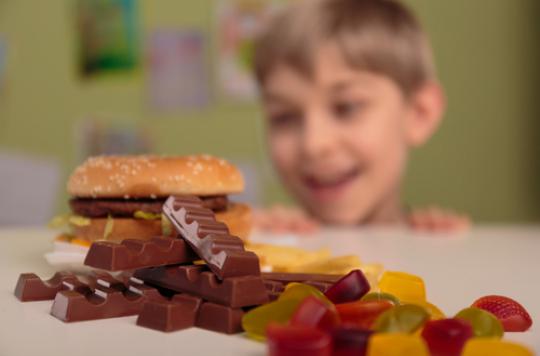Diet sodas contribute to the increase of non-alcoholic fatty liver disease (NASH) in overweight children. Lifestyle is the main risk factor.

Too fatty, too sweet. The Western way of life harms the health of our blond heads. Liver experts recalled this during the Paris NASH Symposium, which was held at the Institut Pasteur (June 30-1er July). More and more children and adolescents are developing chronic liver disease from these harmful eating habits.
Too many diet sodas
Non-alcoholic steatohepatitis (NASH) is a growing scourge in Western societies. This chronic liver disease is characterized by an accumulation of fat in the liver. Left unchecked, it can progress to cirrhosis and ultimately cancer. The alert of the 250 French and American specialists gathered at the Institut Pasteur is all the more justified as the number of minors affected is exploding.
In Western countries, 3-11% of children have developed NASH. Among young obese or overweight patients, 46% have the same symptoms. “The incidence of pediatric metabolic steatosis continues to increase in parallel with the epidemic of obesity in children”, underlines Pr Lawrence Serfaty, hepatologist at Saint-Antoine hospital (Paris).
It is the eating habits that are in question: too much sodas – even light – and too much saturated fat favor its occurrence. The bad balance is the key in the development of this disease: the lack of unsaturated fat, fiber and vitamins C and E are involved. But Lawrence Serfaty specifies: “A better understanding of the risk factors and mechanisms of liver damage should make it possible to identify new therapeutic targets. “Only chronic inflammation has been mentioned to date. The disease markers have not yet been defined.
Genetic factors
Defining the development mechanisms of NASH is all the more important as genetic factors come into play. A susceptibility gene has thus been discovered: PNPLA3, also called “adiponutrine gene”. Researchers have also observed a greater presence of non-alcoholic steatohepatitis in parents of obese children and twins. In addition to the risk of cirrhosis, endogenous production of alcohol by the intestinal microbiota is observed in some children.
The only treatment available is preventive: in people at risk, lifestyle changes are indicated before the first signs of NASH. It consists of reducing the consumption of sodas, animal fats rich in saturated fatty acids and cholesterol and increasing physical activity.
.















